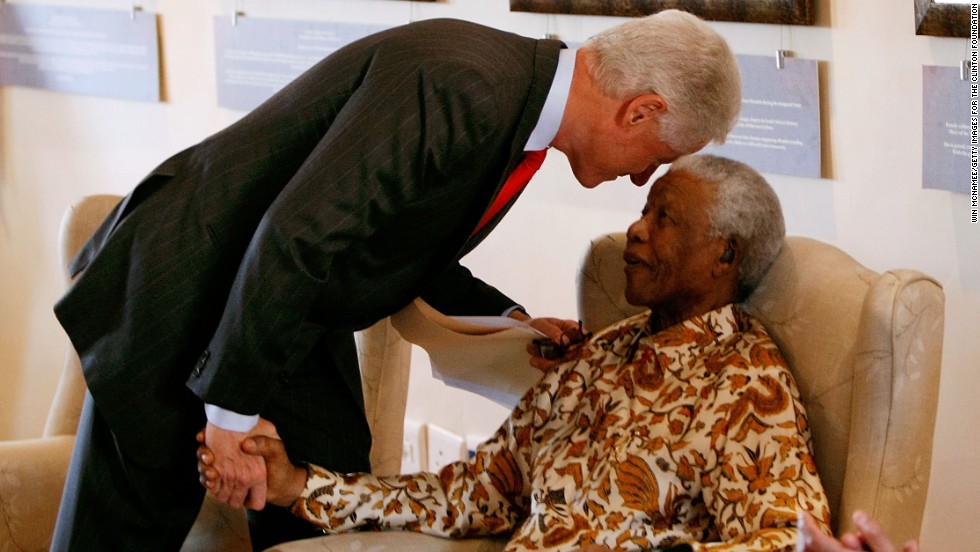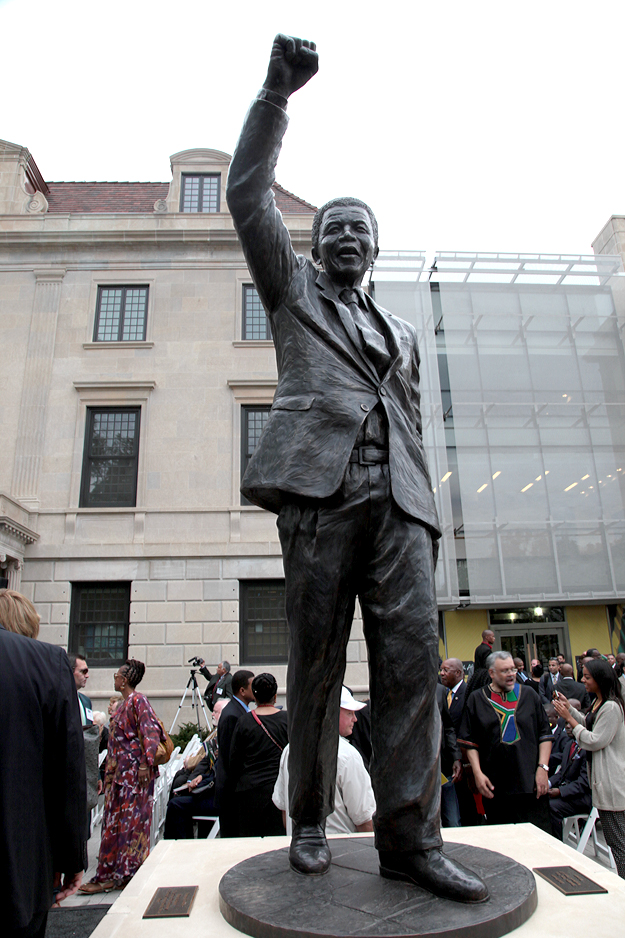By Peter Olorumnnisomo – As the world remembers Nelson Mandela in celebrating his memory when he would have been 100 years old, the flurry of activities anchored by the Nelson Mandela Foundation and the South African government got the interests of black and human rights activists, and political leaders of thought under one canopy of eulogy.

Former President Barack Obama was on hand to advocate the future of Africa in the hands of the continent’s youths and the responsibility of a new sense of leadership they must borrow on that path as laid by the life and examples of Mandela’s leadership.
He was quoted as referring to himself being motivated across time and space by Mandela’s pursuit and principles of justice in a humane and dogged, and politically wise way.

But a recent revelation does imply that Mandela’s antagonists stretched beyond the borders of ancient Rhodesia. Or what should be made of the news that thousands of pages of U.S. intelligence documents on Nelson Mandela made public on Wednesday cast political clouds on a man who not only was incarcerated for his beliefs but had his political commitments well lined out for his followership.
A group that sued to obtain the papers said the files revealing that Washington continued to monitor the South African anti-apartheid hero as a potential Communist menace even after he was released from prison.
The Washington-based group Property of the People released the papers to mark the 100th anniversary of Mandela’s birth. It said it obtained them after years of litigation.
In a statement, the group’s president Ryan Shapiro said ‘‘the documents reveal that, just as it did in the 1950s and 60s with Martin Luther King Jr and the civil rights movement, the FBI aggressively investigated the U.S. and South African anti-apartheid movements as Communist plots imperiling American security’‘.
“Worse still, the documents demonstrate the FBI continued its wrong-headed Communist menace investigations of Mandela and the anti-apartheid movement even after U.S. imposition of trade sanctions against apartheid South Africa, after Mandela’s globally-celebrated release from prison, and after the fall of the Berlin Wall.”
South Africa’s first black president, who died in 2013 and remains a global icon for his struggle against apartheid and message of reconciliation after 27 years in prison, was regarded with suspicion by Washington during the Cold War and remained on the U.S. terrorism watchlist until 2008.
Property of the People said its trove included documents from the major U.S. intelligence agencies, the FBI, CIA, DIA and NSA, most of which have never been seen by the public.
“The Mandela Files” can be found on its website propertyofthepeople.org.
Mandela’s African National Congress (ANC) has been in power since the end of apartheid in 1994 and remains in a governing coalition with the South African Communist Party, which also resisted the white-minority government.
Southern Africa was a key Cold War battleground, as newly independent states in the region such as Angola and Mozambique aligned with Moscow.
Even with the level of celebrations held across South Africa this week to mark Mandela’s birthday, including a rousing speech on Tuesday by former U.S. president Barack Obama, who said the world should resist cynicism over the rise of strongmen; a goodwill Mandela never won.
Kindly follow us on twitter:@AfricanVoice2








